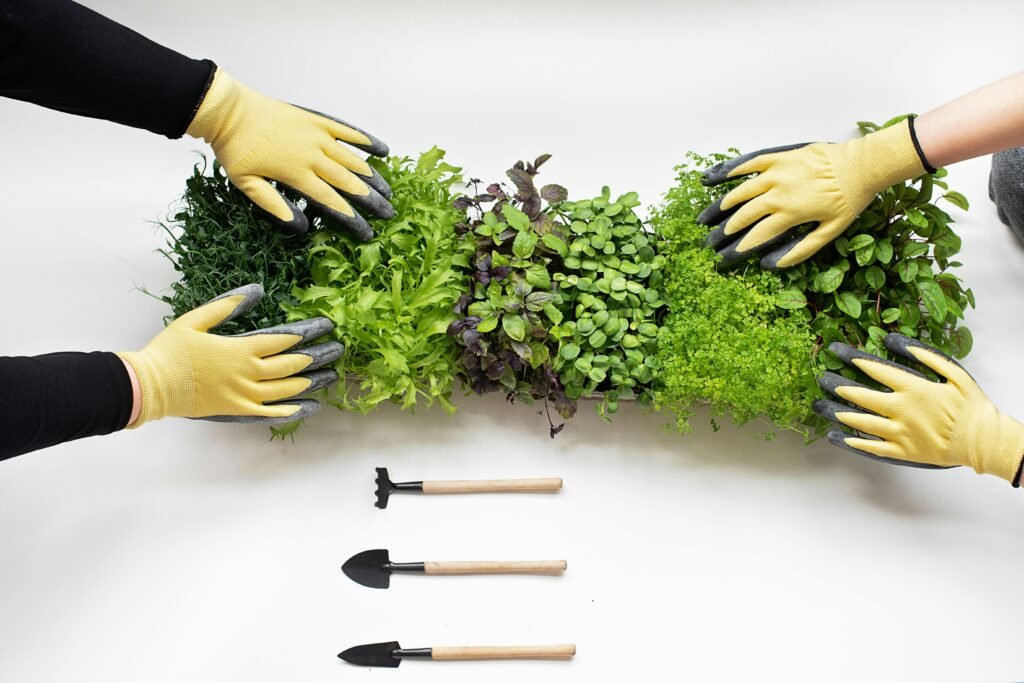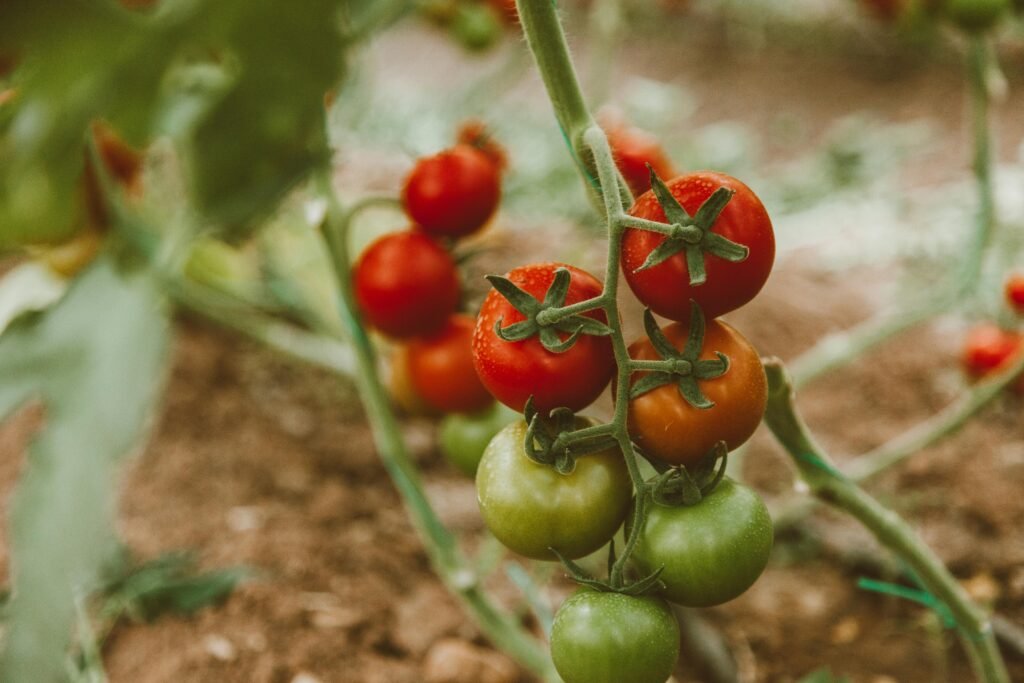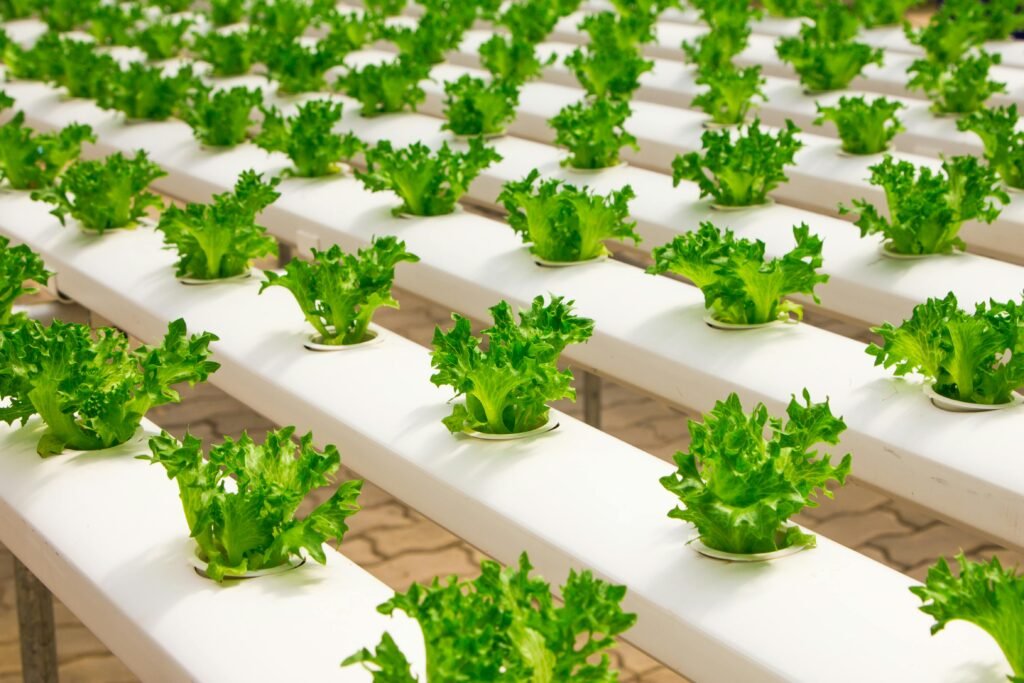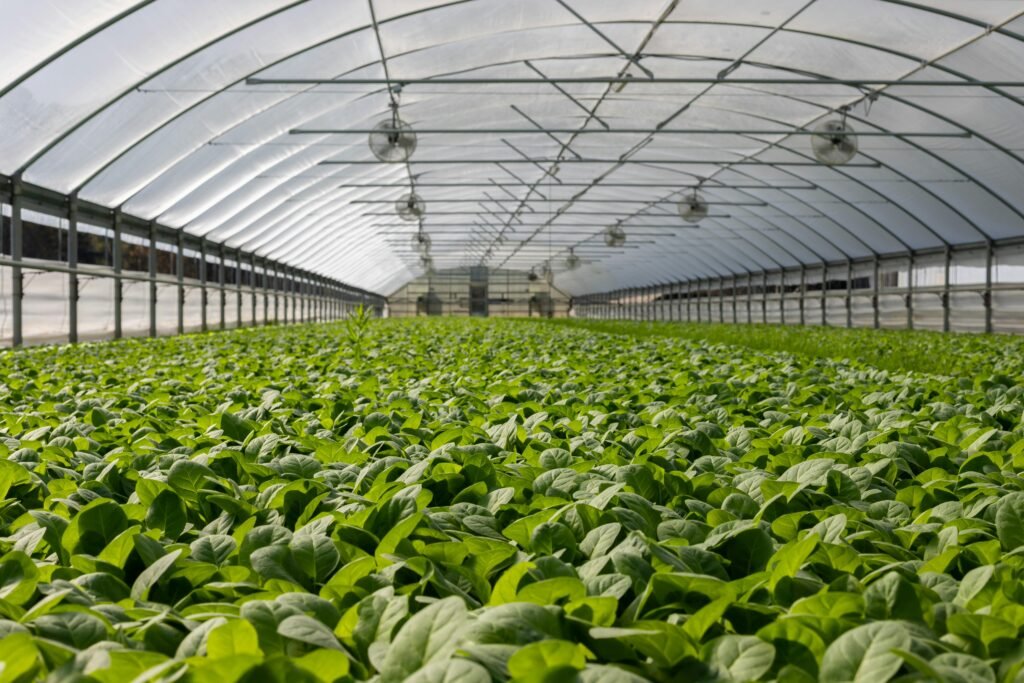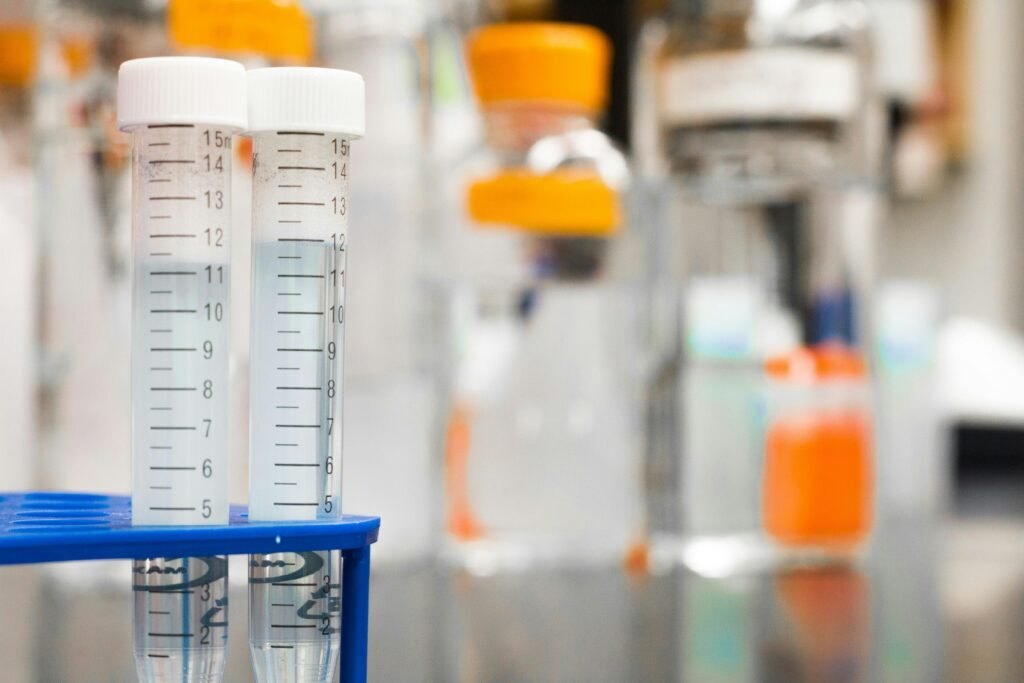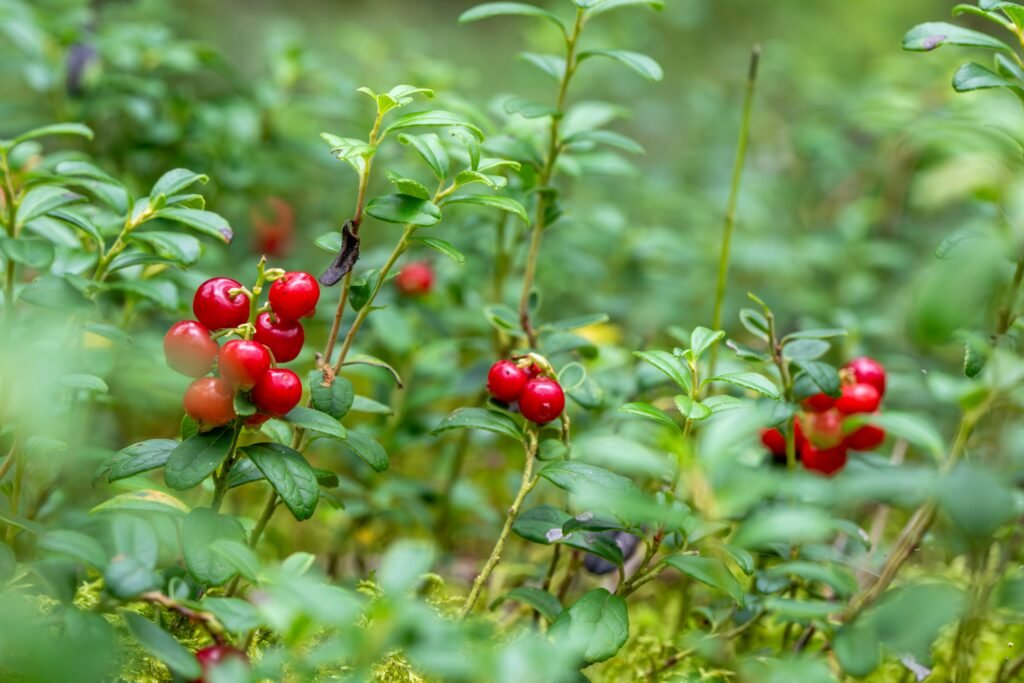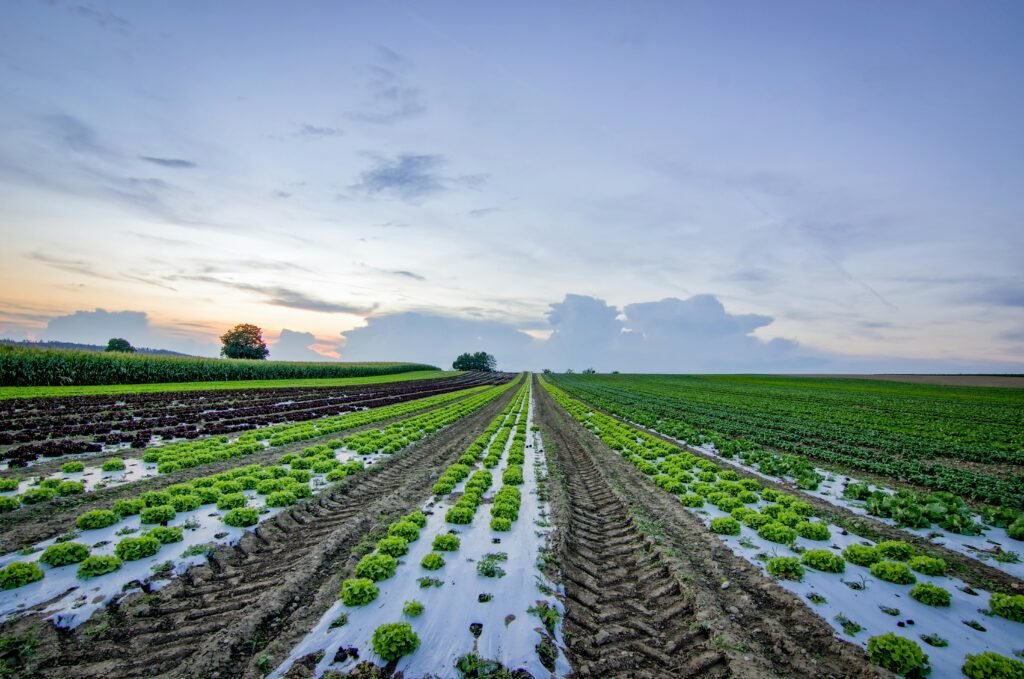How to Start Hydroponic Seeds: A Step-by-Step Guide for Beginners
Understanding Hydroponics: An Overview Hydroponics is a method of growing plants without soil, using a water-based nutrient solution. This innovative approach allows for more controlled and efficient cultivation, making it an attractive option for both novice gardeners and seasoned horticulturists. Unlike traditional soil gardening, hydroponics ensures that plants have direct access to essential nutrients, water,

